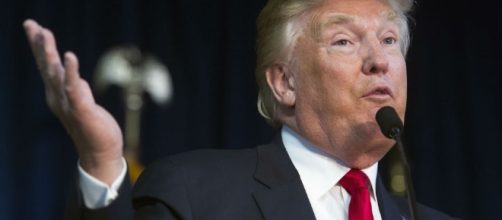Advertisements during the super bowl are prime real estate. Advertising space during the Super Bowl is the most expensive in the American television. According to the New York Times, a thirty-second advert during the Super Bowl costs $5 million.
This year, ads during the Super Bowl appeared to speak a message of defiance against President Donald Trump. The adverts that aired during the Superbowl promoted equality, acceptance, diversity and immigration.The advertisements have received the scorn of Trump supporters across the United States due to their not so subtle subtext.
Historically, Fox and NFL have sought to avoid the explicit politicising of advertisements during the event. However, this year companies appeared to take a different approach to their advertising.
Coca-Cola
Soft drink monolith, Coca-Cola, resurrected its advert from the 2014 show that shows a multilingual, multiracial United States of America singing America the Beautiful. In a statement released by Coca-Cola, a spokesperson said that the advert 'promotes optimism, inclusivity and celebrates all of humanity'.
Today millions cheer together, because together is beautiful. #AmericaIsBeautiful pic.twitter.com/z65LimssjD
— Coca-Cola (@CocaCola) 5 February 2017
Airbnb
Similarly, Airbnb took a political stance against Donald Trump's executive order to prevent citizens of seven Muslim countries from entering the United States.
Airbnb launched their #weaccept campaign, which explicitly criticises the executive order.
The advert states: 'We believe that no matter who you are, where you're from, who you love or who you worship, we all belong. The world is a more beautiful place when you accept'. The words were spoken over people from different backgrounds.
Acceptance starts with all of us. #weaccept pic.twitter.com/btgqyYHVTK
— Airbnb (@Airbnb) 6 February 2017
Budweiser
Throughout the week, #boycottBudweiser started trending on Twitter due to Trump supporter's dismay with a pro-immigration advert. The advert dramatised Anheuser-Busch, the co-founder of Budweiser, travelling to America in the 1800s.
Marcel Marcondes, the vice-president of marketing, said that the advertisement wasn't intended to be a political commentary. 'However,' Marcondes stated, 'we do understand that you can't reference the American Dream today without being part of the conversation'.

